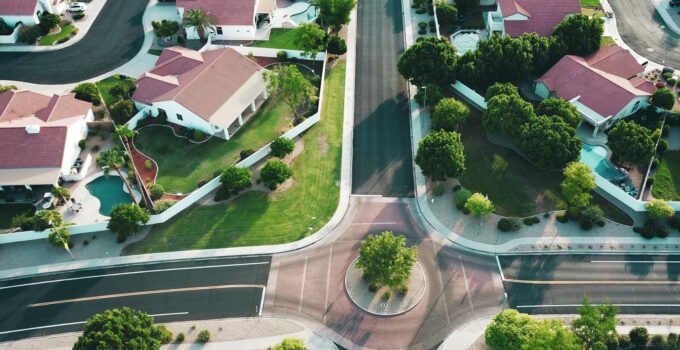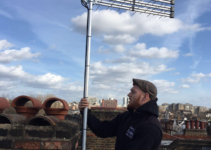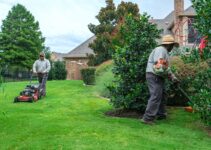Becoming a homeowner is an exciting and liberating journey. The assurance of having a place to call your own no matter what life throws at you is comparable to no other. Plus, you finally get a chance to make your home into what you desire and not just what the landlord allows you to do. Pure bliss.
However, before you start picking out decor schemes and a quirky mailbox, you need to get the basics right. Real estate agents will talk your ear off about location, value, good bones, and amenities but say very little about safety issues. Which begs the question, how safe is the home you are looking to buy?
Here are some key areas you should inspect to ensure your home is a fit for occupancy.
Structural Safety
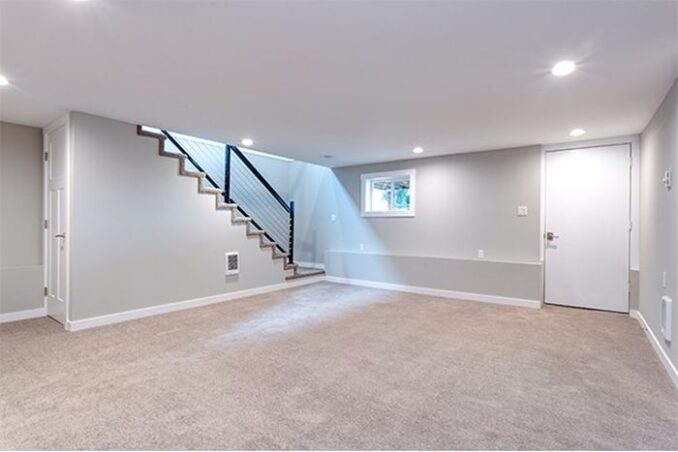
Source:emcsecurity.com
The basement is the underbelly of any home, both literally and metaphorically. Most buyers tend to worry about dampness and mold which are valid concerns but you should look deeper. Moisture causes wood rot and therefore if there are floor-supporting beams in the basement, check if they have been compromised. It would be tragic if the floor just gave out from under you.
The roof is equally an area you should check out. When water seeps through the roofing, over time, it compromises the structural integrity of a house. You need to know if there has been any damage in the past or if you should anticipate any roofing disasters in the future. Beautiful tiling is great to look at but do not let it blind you. The condition of the roofing beams, the vapor barrier, and the ceiling is what you should pay attention to.
Gas Lines
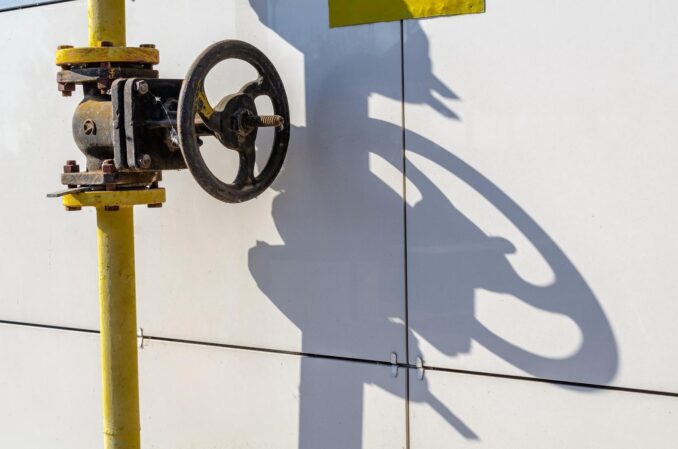
Source:pixabay
Gas is a clean and affordable source of energy. For most houses, it is a plug and play solution given as domestic gas lines would already be set up. Here is the thing though, just like everything else, gas lines are subject to wear and tear. Considering how sensitive combustible gas is, outdated or worn gas lines are not a gamble you want to take.
The rule of thumb in most jurisdictions is that the main supply line is the gas company’s responsibility. The piping in the home, however, is the responsibility of the homeowner. So, what should you look out for?
- Pipes made of materials outdated material like copper
- Leaks
- Improper installation of piping
- A lack of drip legs
- Rusted pipes
It is also recommended that each appliance connected to the gas line have a shut-off valve in the same room. If this has not been implemented in the house or you intend to install appliances uniquely, it need not be a deal-breaker. You can get a fully welded trunnion ball valve installed in each gas line leading to an appliance, click here for more info. It would be best to have a certified expert perform the inspection and any repairs that arise.
Flooding and Storm Mitigation

Source:elevaterealtygroup.com
Waterfront property or beachfront home in Pawleys Isalnd, Myrtle Beach, South Carolina is the stuff that most people’s dreams are made of. HomeguideMyrtleBeach
The quality of materials used to build the home will tell you a lot about its storm preparedness. Windows, for example, need to have double or triple-glazed glass. This will offer you better protection from debris during windy storms and improved insulation. Drainage systems in and around the home should also be wide enough and well placed to get rid of any floodwater. Better yet, the house should ideally be slightly elevated using piles or built on high-ground for better flood safety.
Plant and Pest Control

Source:pexels.com
Some people’s curiosity is piqued when they see a spider while others feel their souls immediately leave their bodies. If you are one of the latter, having your prospective home inspected for pests would be a good idea. Unoccupied homes are soft targets for infestations of all manner of insects and you may need to have the property fumigated.
Further, as you tour houses you may get wooed by their sprawling gardens but they too can harbor risks. You or a member of your household may have certain plant allergies, for example, and you need to know if you can get rid of them. Some neighborhoods forbid cutting off vegetation and such a restriction would present a health safety issue for you.
Burglary
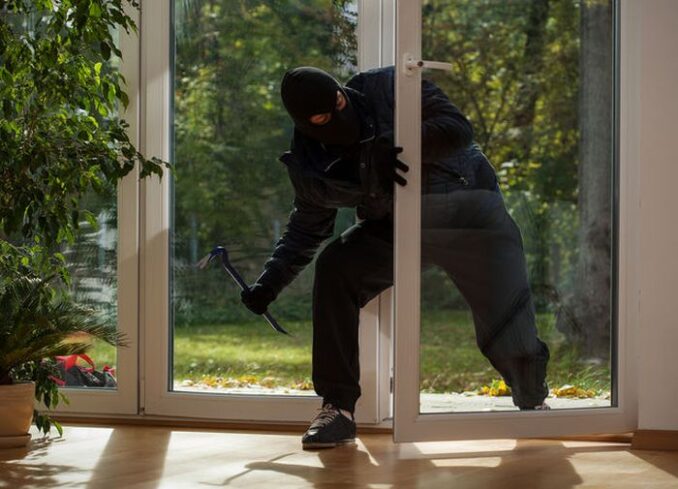
Source:psychologytoday.com
Security risks are something that every homeowner should be keen on. No matter how affluent the neighborhood is, you will sleep better if you have some control over your safety. Fundamental provisions like burglar-proof doors and windows are not too much to ask of any property. If they are lacking you would have to install them on your own which presents extra costs. In such a case, perhaps you would be better off finding a house that offers you more value.
Conclusion
Your home should be the one place where you experience the most safety and comfort. This is why addressing pertinent safety concerns is something you should not take lightly. Such forethought could also save you from buying a home that will cost you thousands in safety repairs and modifications.


